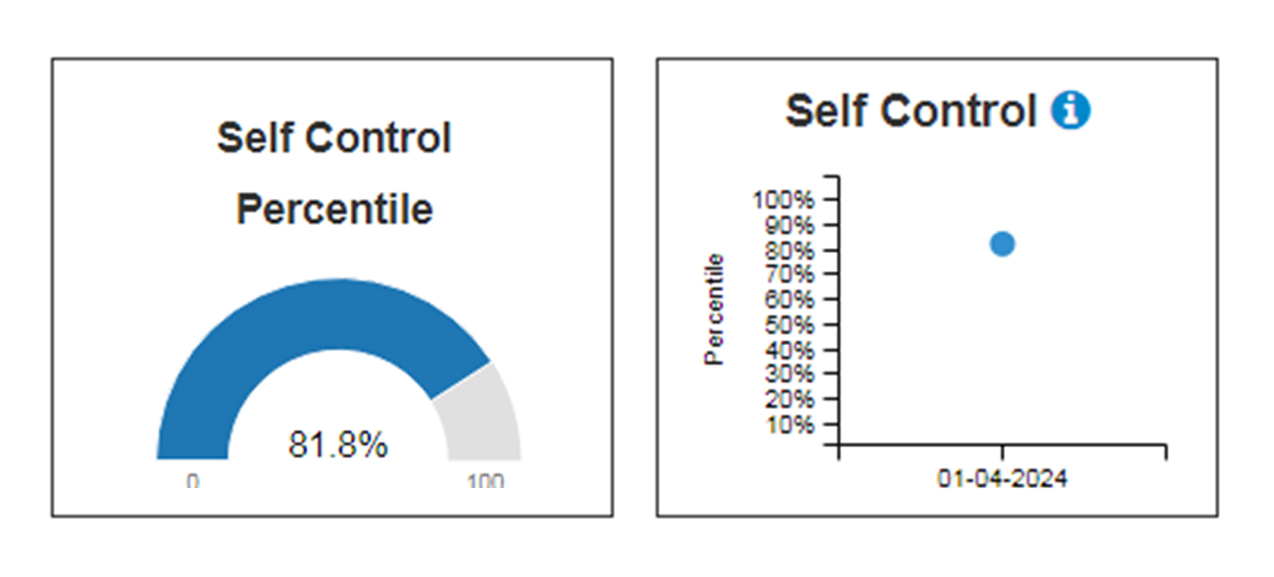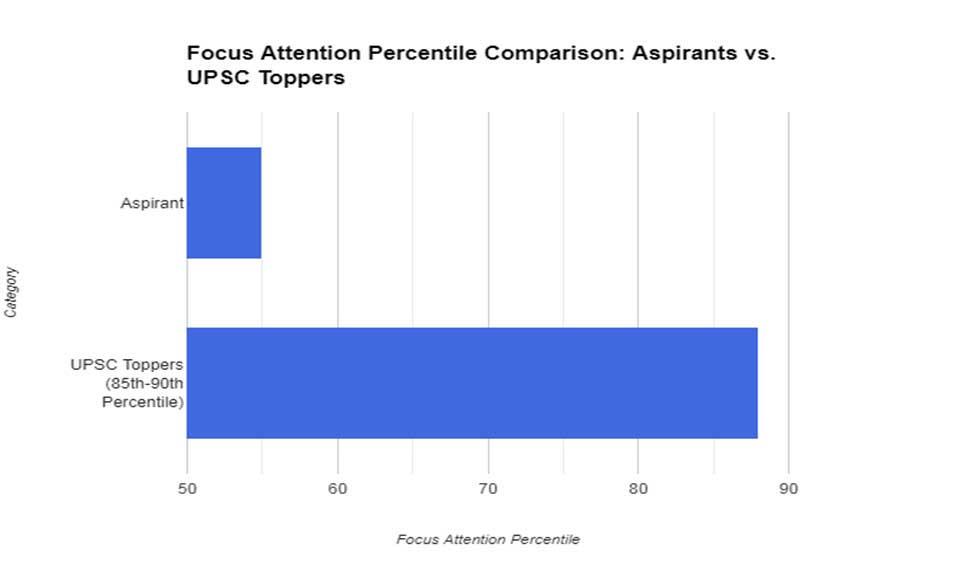Self control: The Policeman
Preparing for the UPSC examination demands not only intellectual rigor but also a profound understanding of the mind's intricate workings, especially the critical cognitive aspect of self-control. As they reflect on this journey, they are reminded of the ancient wisdom encapsulated in the concept of "pratyahara" from Ashtanga Yoga, which holds a deeply emotional significance in their pursuit of success.
The emotional touch of this exploration begins with an acknowledgment of the challenges faced by every aspirant —moments of doubt, the weight of expectations, and the persistent temptation to deviate from the path of focused preparation. Like many others, they have experienced the rollercoaster of emotions that accompany the pursuit of a dream as demanding as the UPSC.
In the context of UPSC preparation, self-control emerges as a critical cognitive aspect that shapes the ability to regulate attention, manage distractions, and sustain disciplined study habits. This skill is not only vital but can be successfully evaluated and enhanced using neuro-cognitive profiling techniques.
Utilizing neuro-cognitive profiling tools allows aspirants to gain insights to optimize self-control and attention abilities. By understanding their cognitive profiles, individuals can tailor their preparation methods, such as time management techniques, environment structuring, and cognitive training exercises, to maximize focus and minimize distractions.

- I can’t study for long hours
- I am not able to focus
- I am not having the time to study
- I am too engaged in daily chores
- Need more book so I can study
- Will start learning from tomorrow
- I need lots of break between studies
- I am addicted to my mobile/social media
- I will study once everything is okay
In the teachings of Ashtanga Yoga, pratyahara—the practice of withdrawing the senses inward—resonates with the concept of self-control in UPSC preparation. It embodies an emotional anchor—a reminder to retreat into a space of inner strength and resilience when faced with challenges.

In the journey of preparing for the UPSC examination, cultivating exceptional self-control is paramount. As an aspirant, striving to maintain self-control parameters at 80 or above during the preparatory phase and aiming for 95 plus during the exam process is key to implementing a strict study regimen and adhering diligently to the planned schedule for topic completion.
During the preparatory phase, maintaining self-control at 80 or above signifies a commitment to disciplined study habits, effective time management, and resilience against distractions. This level of self-control ensures consistent progress and thorough coverage of the extensive UPSC syllabus. As the exam process approaches, elevating self-control to 95 plus becomes imperative. This heightened level of self-discipline enables precise execution of study plans, optimal retention of knowledge, and the ability to manage stress effectively during the rigorous exam period.
By maintaining and elevating self-control parameters as envisioned, UPSC aspirants can establish a strong foundation for success. It fosters a structured approach to learning, enhances focus and concentration, and maximizes the efficiency of study efforts. Ultimately, high levels of self-control are instrumental in achieving comprehensive topic coverage and mastering the complexities of the UPSC examination.
The time frame for achieving this cognitive factor is 60 days from the start of preparation, any delay would hamper the pace of exam.
The graph shows the glaring difference in self-control aspirant vs Rankers in UPSC

Essential for Goal Achievement:
Enhancing self-control in cognitive processes is critical for success, especially in demanding pursuits like UPSC prep.
Personalized Mentoring - The Key: Mentorship provides crucial guidance to develop self-control:
- Setting Clear Objectives
- Practicing Mindfulness Techniques
- Cultivating Resilience for Effective Stress Management
- Supportive Mentorship Benefits
- Identify & Challenge Limiting Beliefs
- Promote Cognitive Flexibility through Reframing Techniques
- Encourage Healthy Habits (Time Management, Self-Regulation)
Don't leave your UPSC dreams to chance. Elevate your self-control and pave your path to victory.